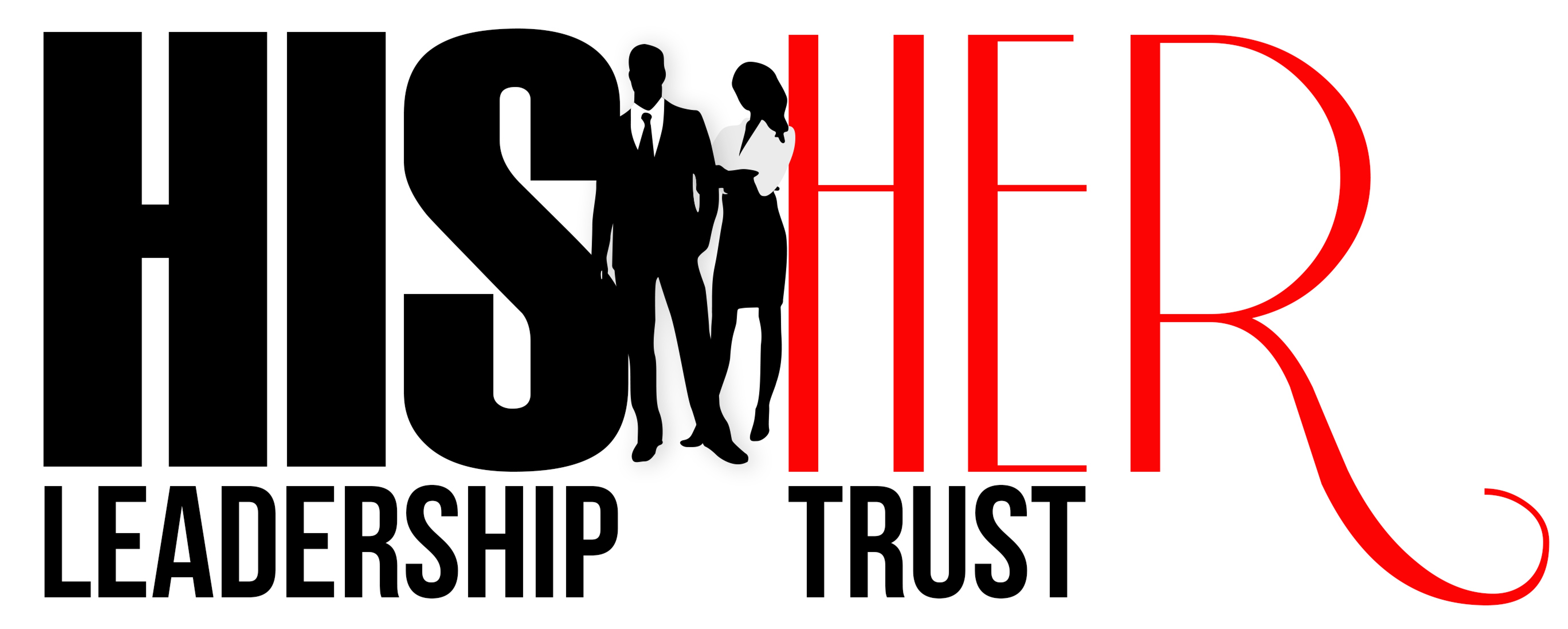The need to feel valued, special, and important is essential to any relationship. Who wants to be with someone who doesn’t value them?
Yet, many men and women suffer quietly with feelings of neglect, disrespect, and devaluation. Sometimes not intentionally.
Lynae did her best to be a good mother and wife. Her Southern roots found pride in cooking, cleaning, and caring for her children. Travis’ previous failed marriage gave him a renewed since of determination in being a good husband, provider, and father to their blended family.
So why do they both feel devalued by the other in their marriage?
Have you ever felt like your spouse doesn’t really know you? That is, they don’t get why you feel the way you do, think the way you do, or do what you do? You just want to be understood, but you feel your spouse straight devalues your worth. Here are three loving ways to show your mate your value and worth.
- Give what you want. If you want to be deemed valued in your marriage, start by giving it away…unconditionally. This is likened to sowing seeds. You have to wait for the harvest to come before you can reap a crop. The valuation might not come as soon as you want. But if you keep it up, you will reap if you faint not.
- Check your messaging. You could be doing all the right, good, and noteworthy things, but the way you’re doing it overshadows its noteworthiness. For example, Lynae cooks everyday for her family after a long day at work. But she fusses and is overly critical at everyone for not helping her out around the house. The value of that Southern home cooking is diminished by the side of criticism that comes with it.
- Communicate your needs. This might seem a given. But Travis’ previous wife valued being aggressive with men to make sure she wasn’t getting taken advantage of. And thus, openly sharing his thoughts and feelings was deemed risky. She would use his words against him to devalue his manhood. Now married to Lynae, Travis rarely communicates his feelings. My point is, communication might be easy for some, but risky for others. However, it’s not fair to expect something you haven’t communicated, and then get mad and blame your spouse when you don’t get it. Find creative ways to communicate your needs. I recommend creating a video and sending it to your mate. It’s creative, and it allows you to edit your message if you don’t like the way it turns out…an option you don’t have when communicating in person.
I never knew how important “value” was to relationships until I started researching about the process of decision making in preparation for my book, His Leadership Her Trust.
What I found is, before you make any decision, before you analyze any facts, you subconsciously search your past experiences to help you determine how to feel about your current situation. And at the core of your feelings, as in Travis’ case regarding communication with his ex-wife, are past feelings that he has assigned the value of “risky”.
So when communicating with Lynae, whose critical attitude is reminiscent of his ex-wife, Travis values less communication rather than expressing to her what he needs to feel valued. The unintended effect is that he doesn’t feel like Lynae values him…even though his actions are that of a good husband and father.
And because Travis communicates less, Lynae doesn’t feel valued for being a good wife and mother that cooks, cleans, and cares for the children. That’s why she criticizes everyone. She feels unappreciated and that her work is not valued.
This is not a happy ending…but it’s a real one.


 Follow
Follow